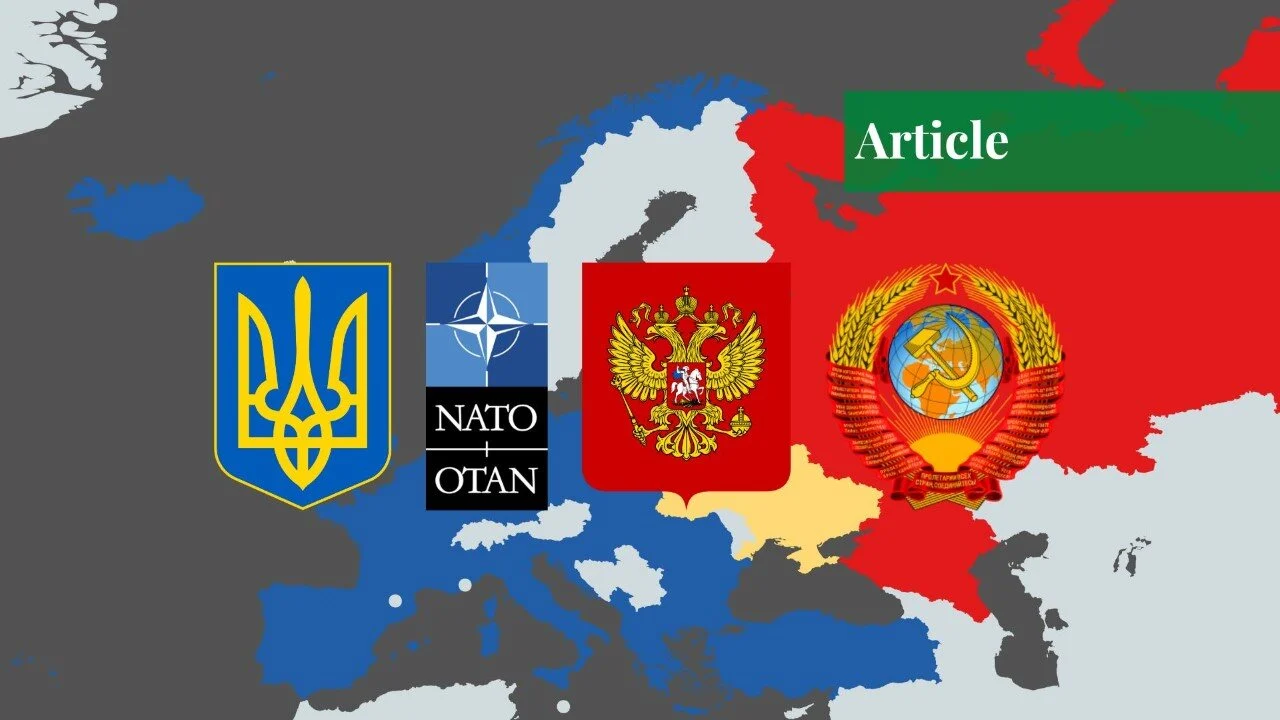Russia’s geopolitical ambitions are a complex interplay of historical legacy, national interests, and strategic considerations. As a major global power, Russia seeks to reassert its influence on the world stage, often challenging the established Western-led order.
Key Geopolitical Goals
- Great Power Status: Russia aims to reestablish itself as a global superpower, capable of shaping international affairs and defending its national interests.
- Buffer Zone: Russia seeks to maintain a buffer zone of friendly states around its borders, particularly in the former Soviet republics.
- Energy Dominance: Leveraging its vast energy resources, Russia aims to influence global energy markets and secure geopolitical leverage.
- Countering Western Influence: Russia seeks to counterbalance Western influence, particularly in its near abroad and regions of strategic importance.
Geopolitical Challenges
Russia faces numerous geopolitical challenges, including:
- Western Sanctions: Economic sanctions imposed by Western countries have hindered Russia’s economic development and limited its access to international financial markets.
- NATO Expansion: The eastward expansion of NATO has been a major source of tension between Russia and the West.
- Internal Challenges: Economic stagnation, corruption, and demographic decline pose significant challenges to Russia’s long-term stability.
- Global Competition: Increasing competition from emerging powers like China has added to Russia’s geopolitical challenges.
Russia’s Foreign Policy Tools
To achieve its geopolitical goals, Russia employs a range of tools, including:
- Military Power: Russia maintains a powerful military, including nuclear weapons, which it uses to deter potential adversaries and project power.
- Economic Leverage: Russia leverages its energy resources to influence other countries and secure geopolitical advantages.
- Diplomacy: Russia uses diplomacy to build alliances, negotiate agreements, and shape international discourse.
- Information Warfare: Russia employs disinformation and propaganda to manipulate public opinion and undermine the credibility of its adversaries.
The Future of Russian Geopolitics
The future of Russian geopolitics is uncertain, but it is likely to remain a complex and dynamic landscape. Russia’s ability to achieve its geopolitical goals will depend on a variety of factors, including economic performance, political stability, and international relations. As Russia continues to navigate the challenges of the 21st century, its geopolitical ambitions will shape the global order for years to come.

Leave a Reply